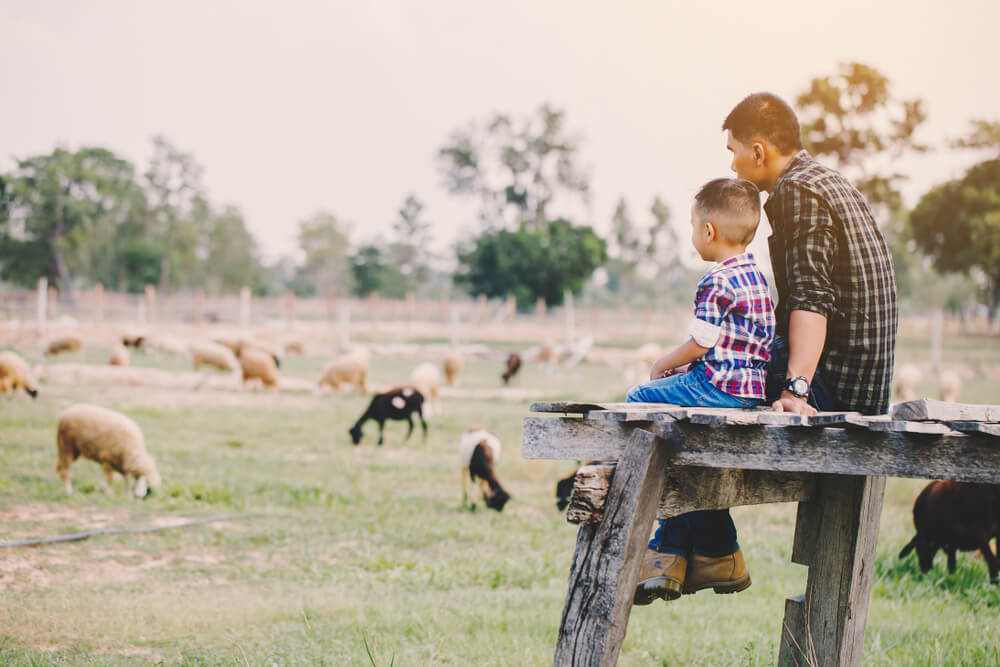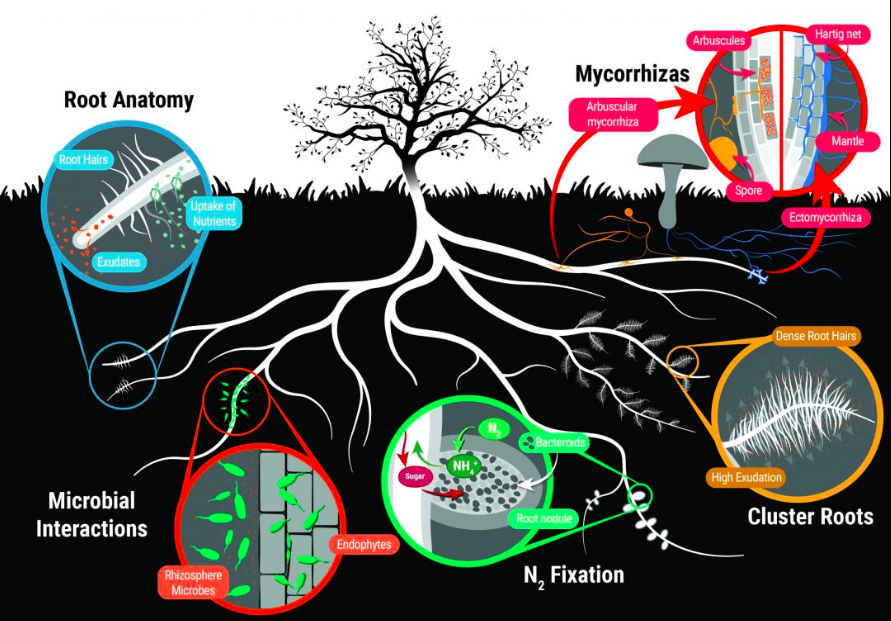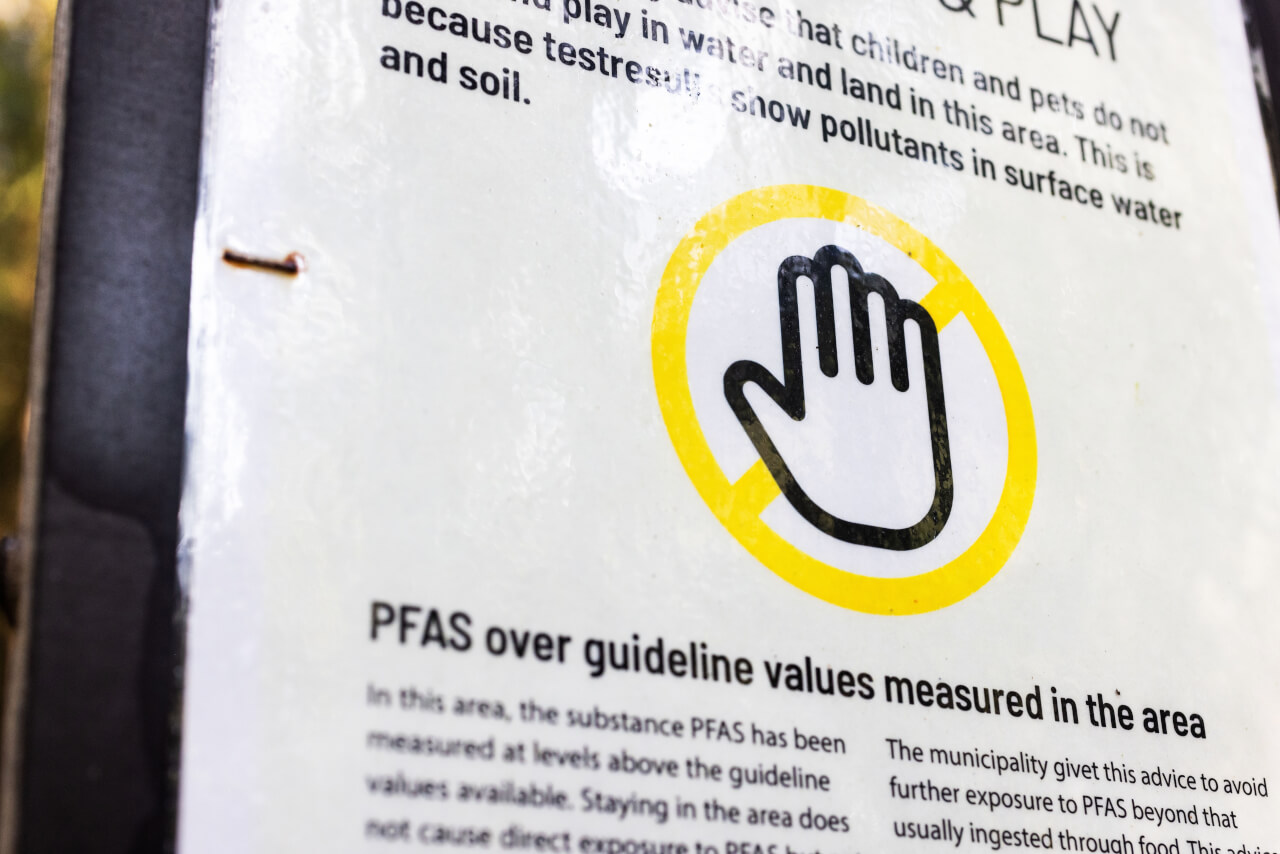[ad_1]
Kerissa and Charlie Payne are starting farmers residing their dream of elevating two daughters on a farm in Central Ohio. By standard measures, their livestock farm, Covey Rise, is a hit. But, beneath the floor, the problem of discovering high quality inexpensive baby care has saved their enterprise from rising and reaching its full potential.
“It seems like we’re all the time cut up between preserving the children protected on the farm, being a great dad or mum, and the wants of the farm,” Kerissa Payne mentioned.
America has a baby care disaster, but the difficulty stays largely invisible within the farm sector. For too lengthy, the nation has ignored the truth that farm dad and mom are working dad and mom who should juggle baby care whereas working what might be one of the crucial harmful and hectic jobs in America.
However as Bob Dylan would possibly say, “The occasions they’re a-changin’.”
For the primary time in historical past, the 2 largest farm organizations, the American Farm Bureau and the Nationwide Farmers Union, have included baby care of their coverage priorities for the 2023 federal farm invoice, a large spending invoice that passes each 5 years. As rural researchers, our conversations with policymakers recommend that there could also be bipartisan help to assist improve entry to inexpensive high quality rural baby care as lawmakers hear from households.
Over the previous 10 years, we’ve got interviewed and surveyed 1000’s of farmers throughout the nation to know how baby care impacts farm enterprise financial viability, farm security, farm households’ high quality of life and the way forward for the nation’s meals provide. What we discovered debunks the three most typical myths which have saved baby care within the shadows of farm coverage debates and factors to options that may help farm dad and mom.
Delusion #1: Baby care is a not an issue within the farm sector
Regardless of listening to from numerous dad and mom about their challenges with baby care, the difficulty has been largely invisible amongst farm enterprise advisers, farm organizations, and federal and state agricultural businesses. After we had been interviewing advisers and decision-makers about this matter early within the COVID-19 pandemic, frequent first reactions we heard had been: “baby care will not be a difficulty for farmers,” “we’ve got by no means thought to ask about it” and “does it have an effect on the farm enterprise?”
Nationally, three-quarters (77 %) of farm households with youngsters underneath 18 report difficulties securing baby care due to lack of affordability, availability or high quality. Virtually half (48 %) report that gaining access to inexpensive baby care is essential for sustaining and rising their farm enterprise.
Our analysis has constantly discovered baby care is a matter that impacts all of agriculture no matter farm dimension, manufacturing system or location.
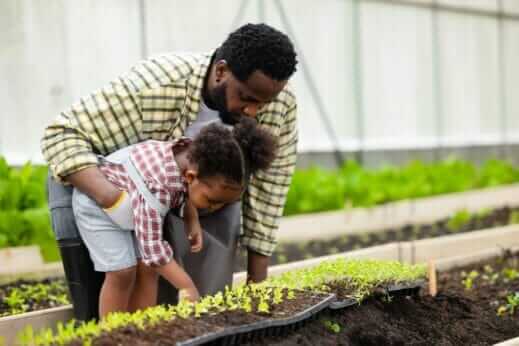
Rising up on a farm might be enjoyable and academic, whilst dad and mom fear about dangers. (Picture: Shutterstock)
Entry to baby care is particularly acute in rural areas, the place even earlier than COVID-19, 3 in 5 rural communities had been categorized as baby care deserts. The excessive value of kid care left the Paynes able acquainted to many People – they make an excessive amount of to qualify for baby care help, however they don’t make sufficient to afford the kind of high quality baby care they need.
The Paynes’ expertise displays what we constantly hear from farmers: Baby care impacts the trajectory of the farm enterprise and the power of a farm household to remain on the land.
Delusion #2: Farmers don’t need or need assistance with baby care as a result of they’ve household assist
Maybe one of many greatest myths we’ve got heard is that farm dad and mom wish to do all of it on their very own, and once they need assistance, they’ve members of the family who can watch the youngsters.
This would possibly work if family members are close by, however nearly half of farmers we surveyed mentioned their very own dad and mom had been too busy to assist with baby care, had died or had been in declining well being.
Typically, farm dad and mom have needed to transfer away from household and associates to seek out inexpensive land. These dad and mom constantly mentioned the dearth of neighborhood made it tougher to care for their youngsters.
Farmers have repeatedly mentioned that it’s a delusion that they don’t need assist taking good care of youngsters. The issue is that they can not discover or afford assist.
Delusion #3: Kids can simply come alongside when doing farm work
Whereas great locations to develop up, farms might be harmful, with massive gear, electrical fencing, massive animals, ponds and different potential hazards. Day-after-day, 33 youngsters are severely injured in agricultural-related incidents, and each three days a baby dies on a farm.
Farm dad and mom we spoke with recounted tales of kids who died after falling out of a tractor, drowned once they fell right into a pond, or had been maimed by a cow. Virtually all farm dad and mom—97 %—have apprehensive that their youngsters might get damage on the farm.
In our analysis, dad and mom talked about always weighing the dangers and advantages of getting youngsters on the farm. One farmer had hoped his younger son would “be my little sidekick and do every part I did.” Nonetheless, the truth was totally different. He admitted he “didn’t take into consideration a child not having the ability to be out within the solar all day,” and he was struggling to steadiness care work and farm work. The federal government has spent tens of millions of {dollars} on farm stress packages, but baby care’s function in creating and exacerbating farm stress isn’t talked about.
The Paynes requested a query we heard from many different dad and mom: “Why is farming the one occupation the place you’re anticipated to take your children to work?”
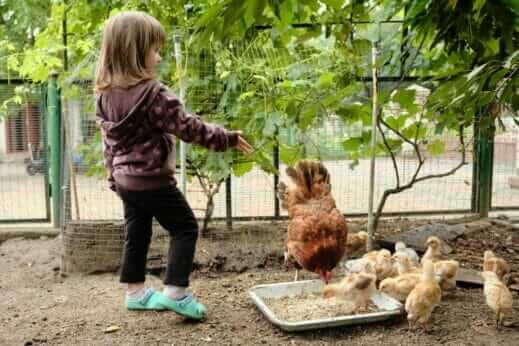
Retaining youngsters busy and protected can divert time from dad and mom’ personal farm work. (Picture: Shutterstock)
Farm security packages have historically centered on training. Nonetheless, our analysis reveals that farm dad and mom are extremely conscious of the dangers. As a substitute of training, dad and mom clarify that they want assets to assist with baby care—86 % mentioned they generally carry youngsters to the farm worksite as a result of they lack different choices.
Discovering options to help baby care
There is no such thing as a one-size-fits-all resolution to America’s baby care issues, significantly for farm dad and mom, who’re juggling elevating their very own households whereas working to feed and dress the nation.
In our analysis, farmers spoke about a variety of options: free or inexpensive high quality baby care, before- and after-school packages, higher parental depart insurance policies for wage and self-employed staff, monetary help for protected play areas on the farm, faculty debt aid, free faculty tuition and extra inexpensive medical insurance.
Seeing his farm neighborhood battling baby care, Adam Alson, a corn and soybean farmer in Jasper County, Indiana, co-founded Appleseed Childhood Training, a nonprofit devoted to creating care and training alternatives for youngsters from start by highschool. It opened its first early studying middle in 2023 with a mixture of private and non-private help.
Alson sees investing in baby care as a path to attracting and retaining younger farmers and households, and a technique for rising and retaining the agricultural workforce.
“All through our nation’s historical past, we’ve got valued the significance of our rural communities and have invested in them and in sectors the place the market doesn’t go,” he mentioned. “In 2023, high quality baby care is a kind of sectors.”
As one Ohio farmer put it: “If America desires farmers, farm households need assistance with baby care.”![]()
Shoshanah Inwood is an Affiliate Professor of Rural Sociology at The Ohio State College and Florence Becot is an Affiliate Analysis Scientist in Rural Sociology, Adjunct College – Nationwide Farm Drugs Middle at The Ohio State College.
This text is republished from The Dialog underneath a Inventive Commons license. Learn the unique article.
[ad_2]
Source link
